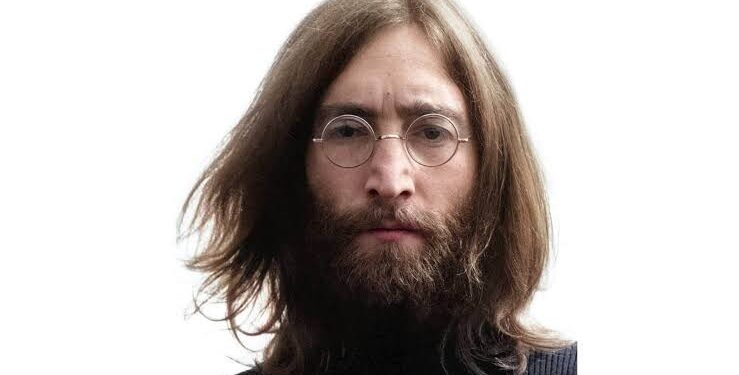John Winston Ono Lennon stands as one of the most influential musicians and cultural figures of the 20th century. Born on October 9, 1940, in Liverpool, England, Lennon would go on to become a founding member of The Beatles, a band that fundamentally transformed popular music and global culture.
Growing up in Liverpool during World War II, Lennon had a tumultuous childhood. Raised primarily by his Aunt Mimi, he was separated from his mother Julia, who was tragically killed in a car accident when John was 17. These early experiences of loss and separation would profoundly impact his music and personal life, often manifesting in his deeply introspective songwriting.
In 1957, Lennon formed the skiffle group that would eventually become The Beatles. Meeting Paul McCartney that same year marked the beginning of one of the most famous songwriting partnerships in music history. Together with George Harrison and Ringo Starr, they would revolutionize popular music, moving far beyond the simple rock and roll of the 1950s to create complex, innovative sounds that challenged musical conventions.
The Beatles’ rise to global fame was unprecedented. From their early days playing in Liverpool and Hamburg to their worldwide phenomenon status, the band broke countless musical and cultural barriers. Lennon’s wit, sharp tongue, and rebellious spirit became as iconic as the music itself. Songs like “Strawberry Fields Forever,” “A Day in the Life,” and “Imagine” showcased his extraordinary songwriting ability, blending personal introspection with broader social commentary.
Beyond music, Lennon was a prominent peace activist. With his wife Yoko Ono, he used his global platform to protest the Vietnam War, staging famous “bed-ins” for peace and releasing anthemic songs like “Give Peace a Chance.” His political activism made him a target of the US government, which attempted to deport him during the Nixon administration due to his anti-war stance.
After The Beatles disbanded in 1970, Lennon embarked on a successful solo career. Albums like “Imagine” demonstrated his continued musical innovation and commitment to social justice. His relationship with Yoko Ono was both a personal partnership and an artistic collaboration, challenging traditional notions of art and relationship.
Tragically, Lennon’s life was cut short on December 8, 1980, when he was murdered outside his New York City apartment by Mark David Chapman. His death shocked the world and ended the life of a man who had become much more than just a musician—he was a cultural icon who represented peace, creativity, and social change.
Lennon’s musical legacy is immeasurable. He helped transform popular music from entertainment to art, incorporating complex lyrical themes, experimental sounds, and social commentary. His work with The Beatles broke down racial and cultural barriers, helping to define the social movements of the 1960s.
As a songwriter, Lennon was brutally honest and deeply vulnerable. His music explored themes of love, peace, personal struggle, and social revolution. Songs like “Imagine” continue to resonate globally, presenting a vision of human unity that transcends political and cultural boundaries.
Beyond his musical achievements, Lennon was a complex individual. He was simultaneously rebellious and vulnerable, politically radical and personally introspective. His willingness to be open about his struggles with mental health, his complicated family history, and his personal growth resonated with millions worldwide.
John Lennon remains a symbol of artistic integrity, social activism, and the transformative power of music. His impact extends far beyond the realm of entertainment, representing a generation’s hope for peace, understanding, and fundamental human connection.



Recent Comments